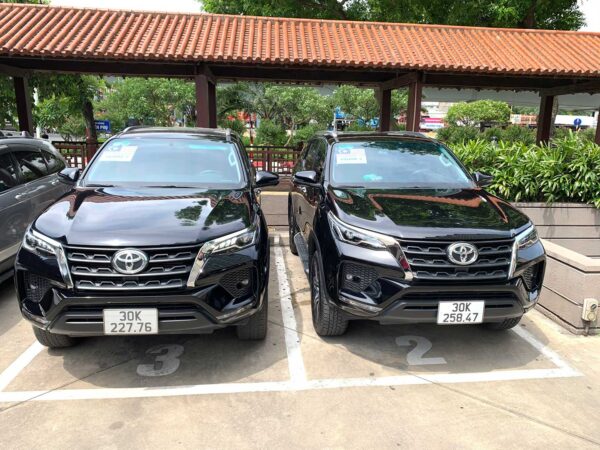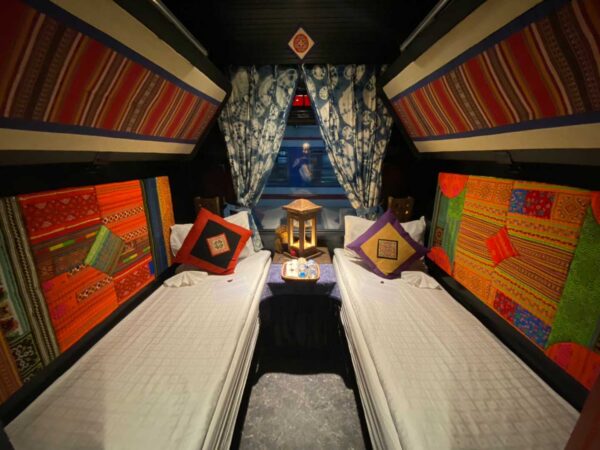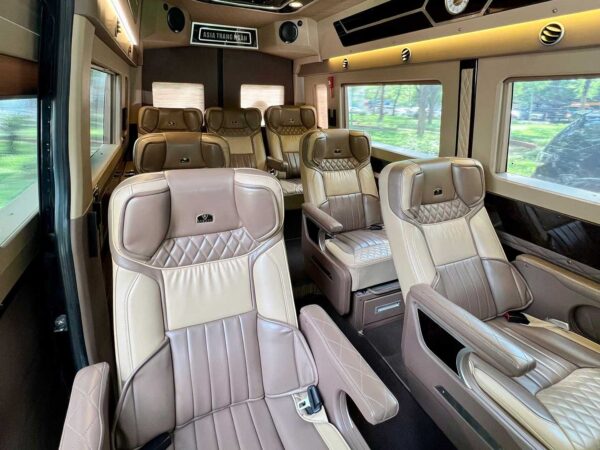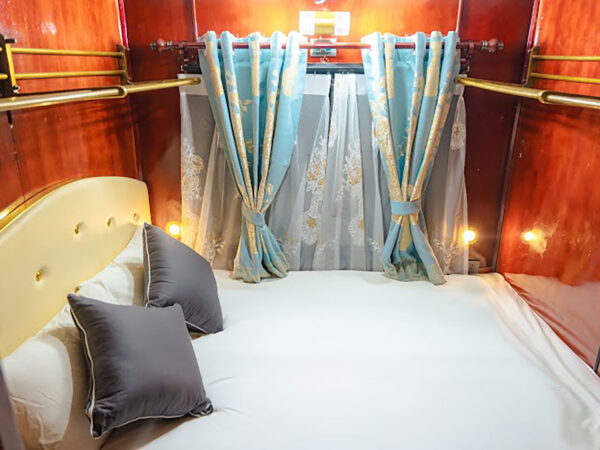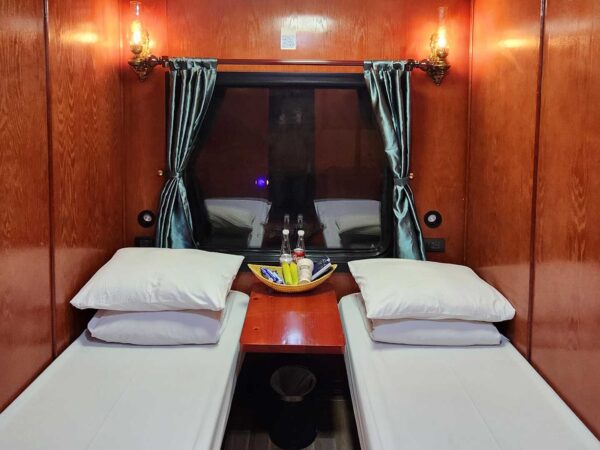Mai Chau or Sapa: Pick the Ideal Vietnamese Mountain Getaway
Have you ever dreamed of escaping the hustle and bustle of city life and immersing yourself in the tranquil beauty of nature? If so, then Mai Chau or Sapa might just be the perfect destination for your next adventure. In Mai Chau, nestled among emerald green mountains, traditional stilt houses dot the landscape, offering a glimpse into authentic Vietnamese rural life. Meanwhile, Sapa enchants visitors with its misty mountain peaks and colorful hill tribe markets bustling with activity. In this article, we will delve into these two idyllic destinations, highlighting their distinct features to help you decide which one suits your travel preferences best.
| Mai Chau |
Sapa |
|
| Location |
|
|
| Geography |
|
|
| Weather | Humid subtropical, dry winter | Cool summers and mild winters |
| Transportation | More options | Fewer options |
| Accommodation | A wider range of accommodations | Has a lot fewer accommodations compared to Sapa |
| Cultural Experience | 6 main ethnic communities | 4 main ethnic communities |
| Activities | Fewer activities | A broader range of activities |
A Brief Overview of Mai Chau or Sapa
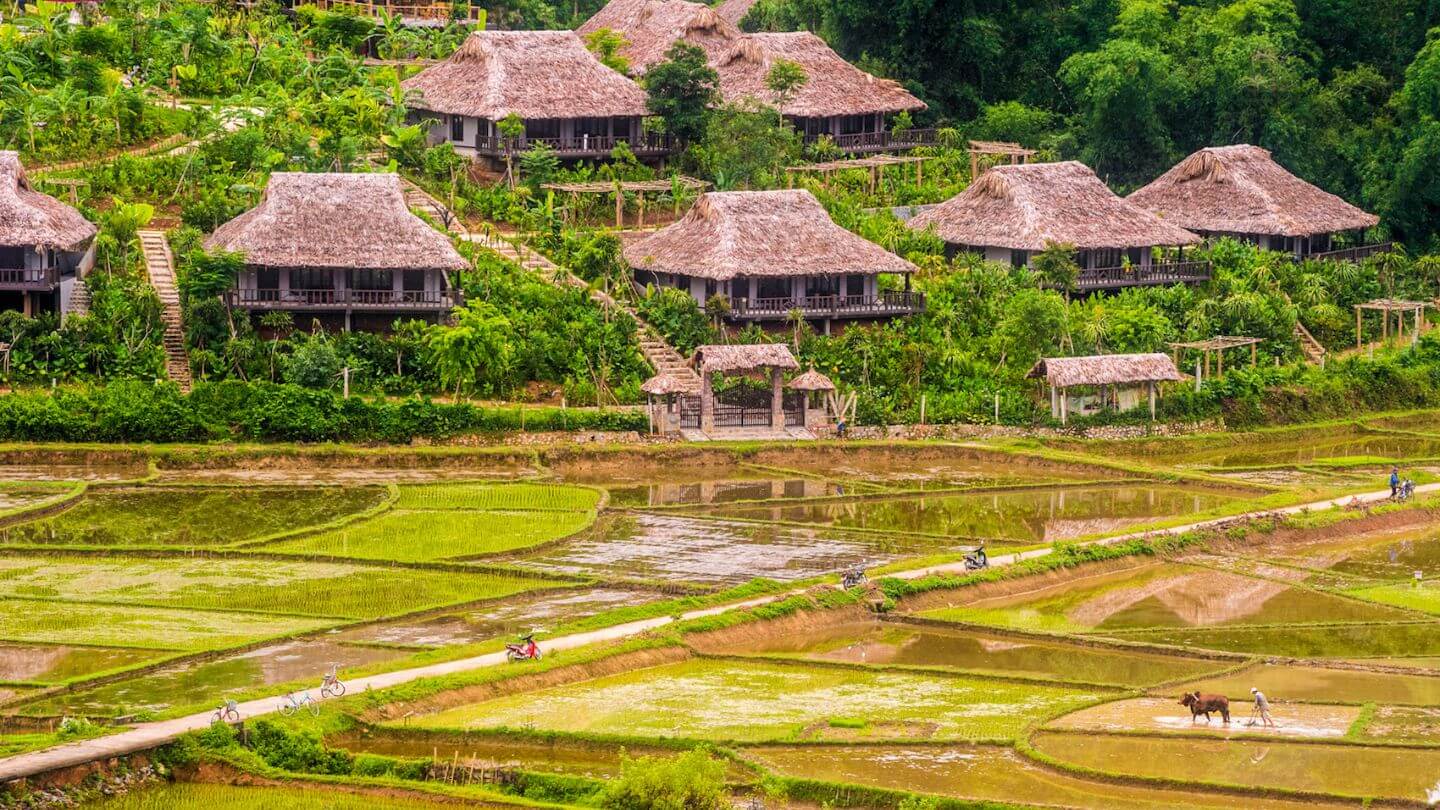
Mai Chau is located west of Hanoi, at the end of Hoa Binh province, and adjacent to Moc Chau, Son La, and Pu Luong of Thanh Hoa. The district is located about 130km from the center of Hanoi. Mai Chau, often called the “hidden sister” of SaPa, offers stunning landscapes and rich culture just a short trip from Hanoi. You can enjoy a relaxing 24 hours here without feeling rushed, thanks to its laid-back vibe.
Sa Pa Town is located in Lao Cai Province, north-west Vietnam, 350 kilometers from Hanoi and near the Chinese border. Sapa Town is well-known for both its beautiful, rocky environment and its diverse cultural heritage.
Geography: Mai Chau or Sapa
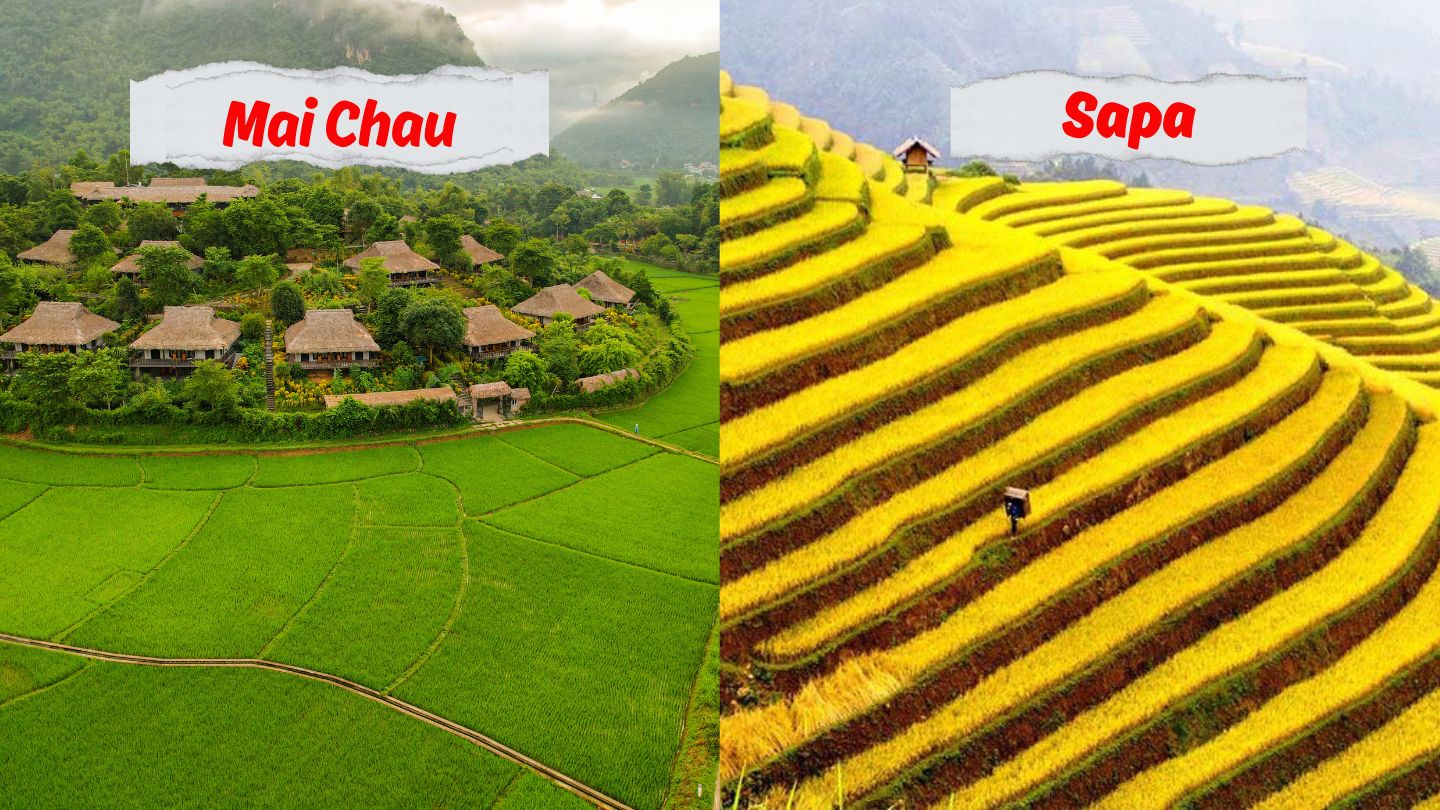
Sapa is vast and covers an impressive 6,384 km². Sapa is renowned for its stunning Vietnam rice fields that adorn the landscape with their vibrant colors. Nestled amidst a mountainous region, this area also boasts the presence of Vietnam’s highest peak, Fansipan. The breathtaking scenery and picturesque setting attract countless visitors who come to explore the beauty of these majestic mountains and witness the awe-inspiring rice terraces.
Mai Chau district covers a smaller area of 520 km² compared to the entire province which spans across 4,662 km². Unlike Sapa, another popular destination in Vietnam known for its picturesque terraced rice fields, Mai Chau does not boast these stunning landscapes due to its flat valley. Instead, the rice fields in Mai Chau are spread out evenly at the same level throughout the valley.
Mai Chau or Sapa: Weather Comparison
Curious about Mai Chau or Sapa? Let’s explore how weather shapes your experience in these enchanting destinations!
|
Mai Chau |
Sapa |
|
| Climate | Humid subtropical, dry winter | Cool summers and mild winters |
| Temperature | Generally, the entire year is warm to hot.
|
Overall, Sapa Vietnam temperature is considerably cooler than Mai Chau
|
| Rainfall | The wet season (July-September) | Uniformly dispersed throughout the year, with the occasional mist and fog |
| The ideal time to visit | October to April for nice weather and less rain | April-May and September-October for moderate temps and clear skies. |
Mai Chau or Sapa: Accessibility and Transportation
Curious about the best way to reach Mai Chau or Sapa? Let’s dive into their accessibility and transportation options to help you decide!
How to get to Mai Chau
Mai Chau, a serene retreat nestled in the northern highlands of Vietnam, beckons travelers with its tranquility and natural beauty. Accessible within a convenient 4-hour drive from the bustling city of Hanoi, reaching Mai Chau presents several travel options.
While there’s no train service available, travelers can opt for many different transportation such as buses, taxis, and motorbikes. If you’re looking to travel from Hanoi to Mai Chau, our article has you covered! We’ve gathered the best transportation options and tips to make your journey as smooth and enjoyable as possible
How to Get to Sapa
Getting to Sapa offers various travel options. One popular choice is taking an overnight train from Hanoi to Lao Cai, followed by a taxi or bus ride to Sapa. Alternatively, you can opt for a bus directly from Hanoi, a private car, or a motorbike rental for more flexibility. No airport exists in Sapa itself, but you can fly into Hanoi’s Noi Bai International Airport and continue your journey from there.
|
Mai Chau |
Sapa |
|
|
Bus |
$8 – $13 | $20 – $35 |
|
Taxi |
$175 | $150 – $200 |
| Motorbike | $15 – $20 |
$30 – $50 |
| Train | Not appliance |
$25 – $180 |
*Note: Please note that this is a reference price only because the price may change depending on the day, time, and different travel times of the year.
Accommodation Options: Mai Chau or Sapa
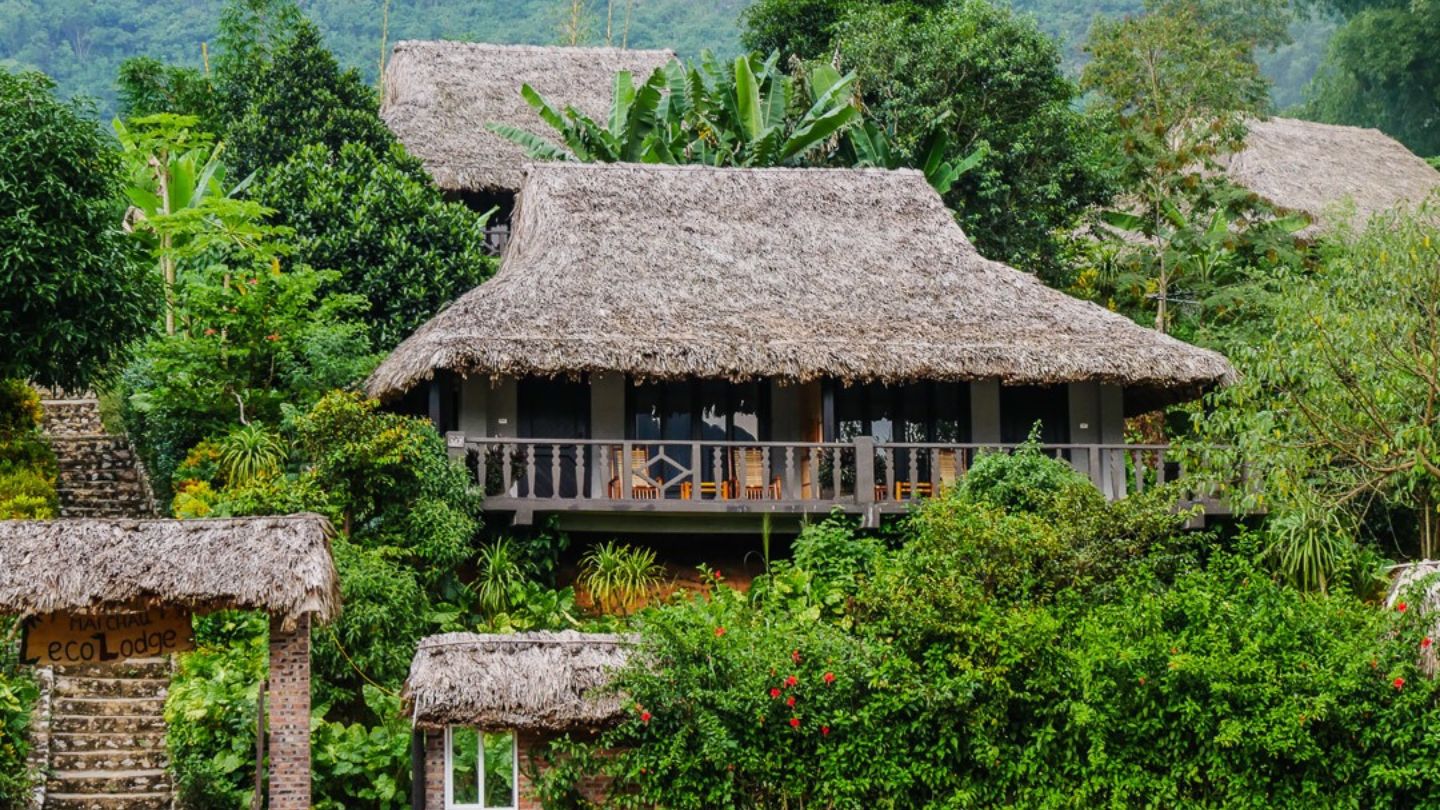
Mai Chau or Sapa are both popular destinations in Vietnam, offering unique accommodations for travelers. Sapa, a city nestled in the mountains, provides a wider range of options to suit any budget. From hostels to hotels, visitors can choose from various accommodations that cater to their preferences. Additionally, outside the city limits, there are homestays offered by local minorities and luxurious lodges that provide an immersive experience in rural areas.
On the other hand, Mai Chau offers a more tranquil and remote setting compared to Sapa. There is no city in Mai Chau, all accommodations here are situated in the rural countryside. The options in Mai Chau are slightly more limited compared to Sapa but still charmingly authentic. Travelers can expect mainly homestays and lodges that allow them to connect with nature and immerse themselves in the local culture. There are also a few local hotels available for those seeking more traditional lodging.
Mai Chau or Sapa: Cultural Experiences
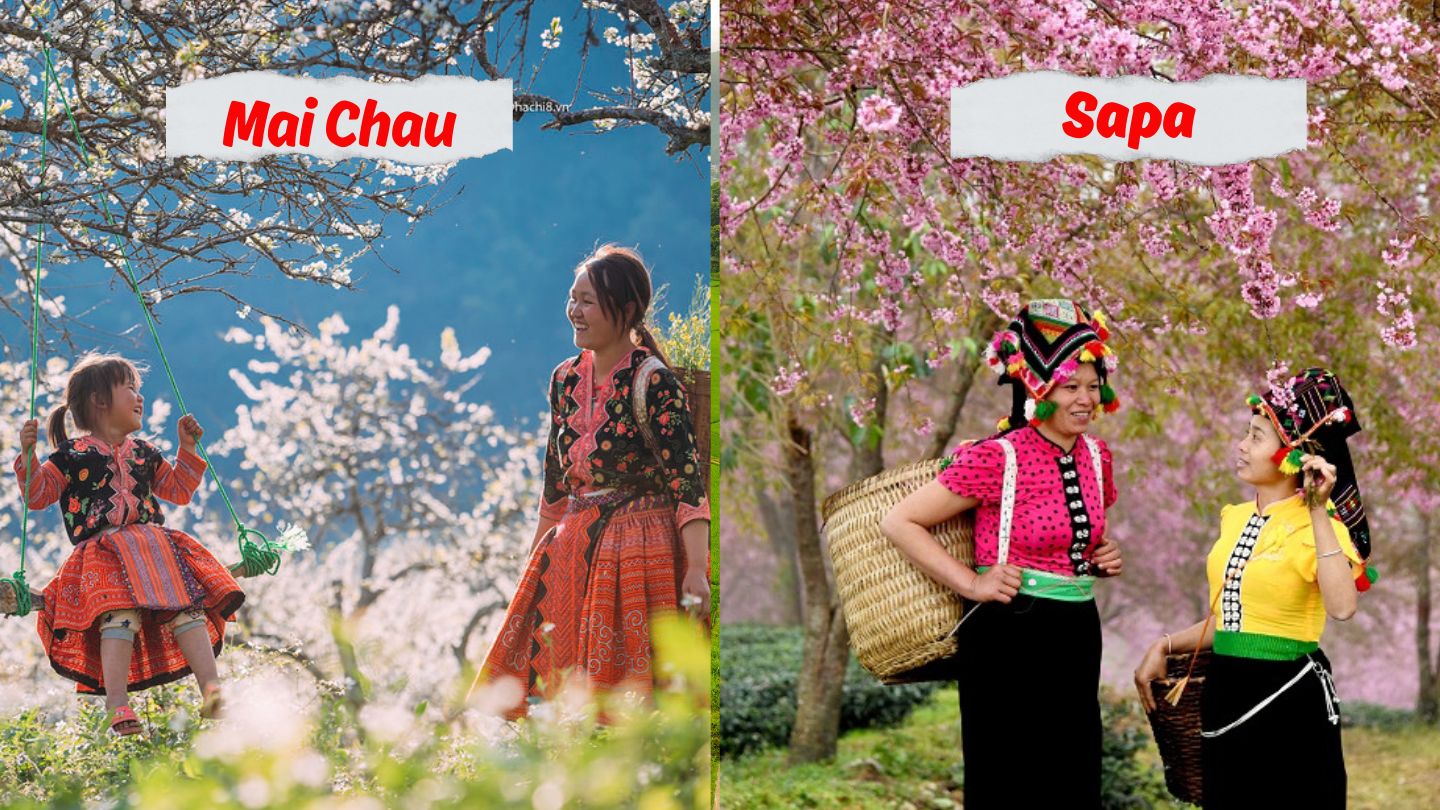
Mai Chau is known for its picturesque landscapes and the warm hospitality of the 6 main ethnic communities. The cultural experience in Mai Chau revolves around immersing yourself in the daily life of the locals. You can stay in traditional stilt houses, indulge in delicious local cuisine, and witness traditional dances and music performances. The locals are incredibly friendly and welcoming, making it easy to connect with them on a personal level.
On the other hand, Sapa is home to 4 main ethnic minority groups such as Hmong, Dao, Tay, and Giay. The cultural experience here primarily revolves around trekking through Vietnam rice fields, visiting remote villages to meet different ethnic communities, and learning about their unique traditions and crafts.
What To Do in Mai Chau vs Sapa?
Sapa offers a broader range of activities compared to Mai Chau. Here are some activities between two famous destinations:
|
Activities |
Mai Chau |
Sapa |
|
|
Conclusion
In conclusion, both Mai Chau or Sapa offer unique experiences for travelers seeking to explore the beauty of northern Vietnam’s mountainous regions. While Mai Chau provides a more tranquil and authentic village experience, Sapa boasts breathtaking landscapes and opportunities for trekking adventures. Ultimately, choosing between Mai Chau and Sapa depends on your preferences for activities, scenery, and cultural immersion. Whichever destination you decide to visit, be sure to immerse yourself fully in the local culture and take in the stunning surroundings that these regions have to offer.



